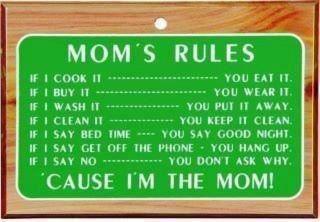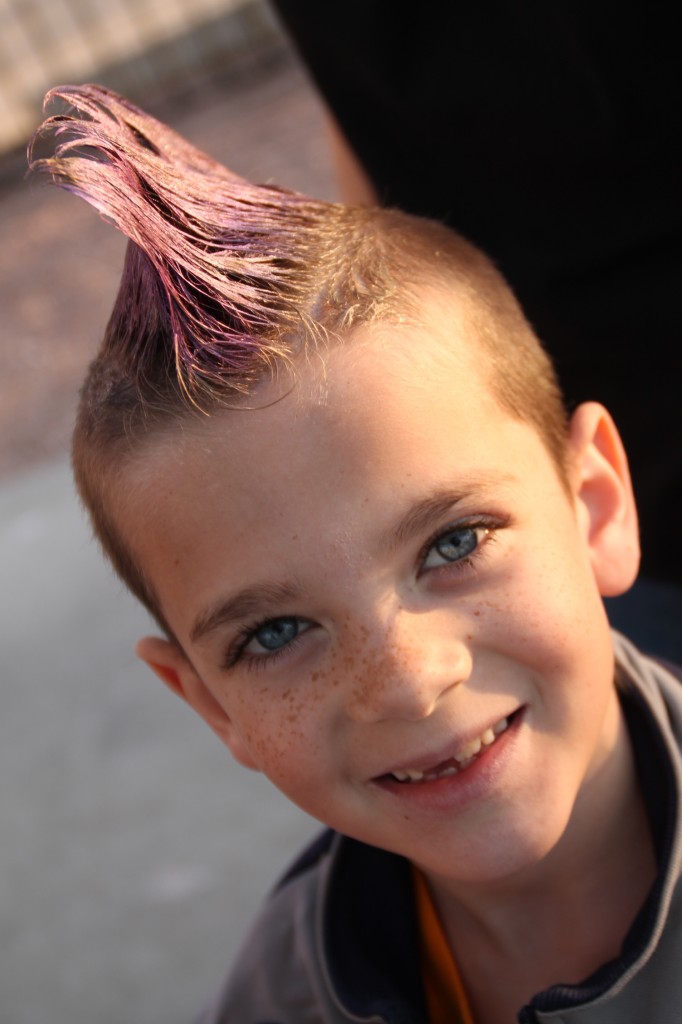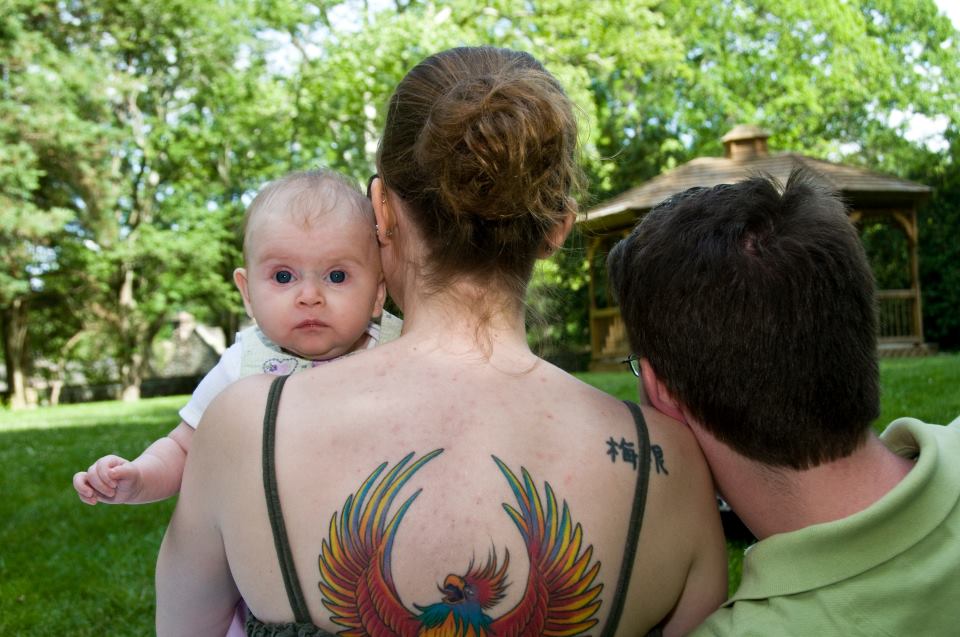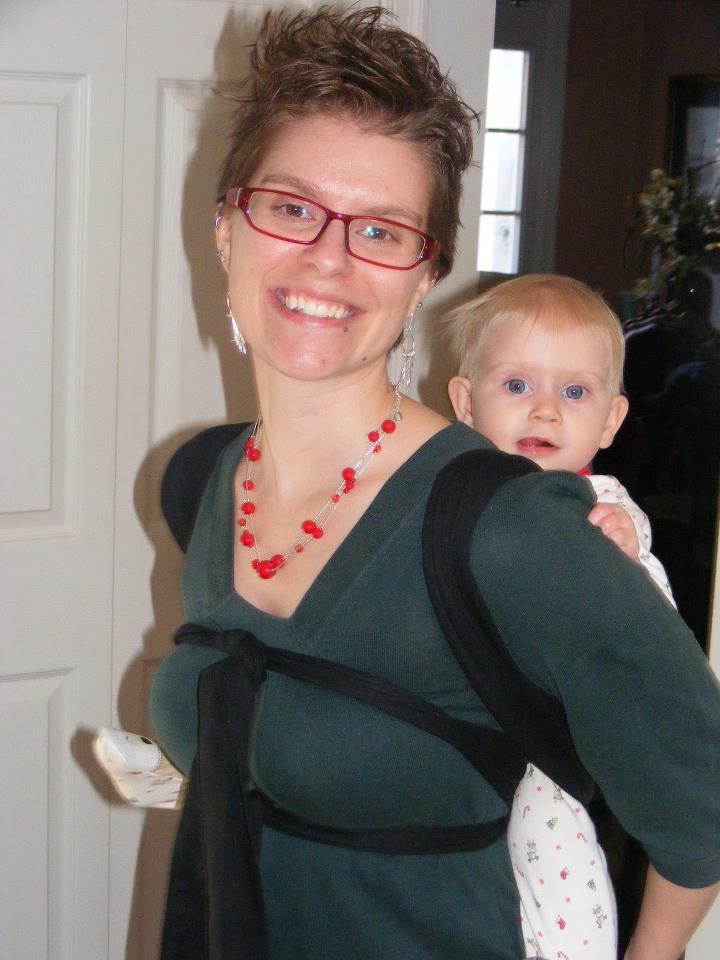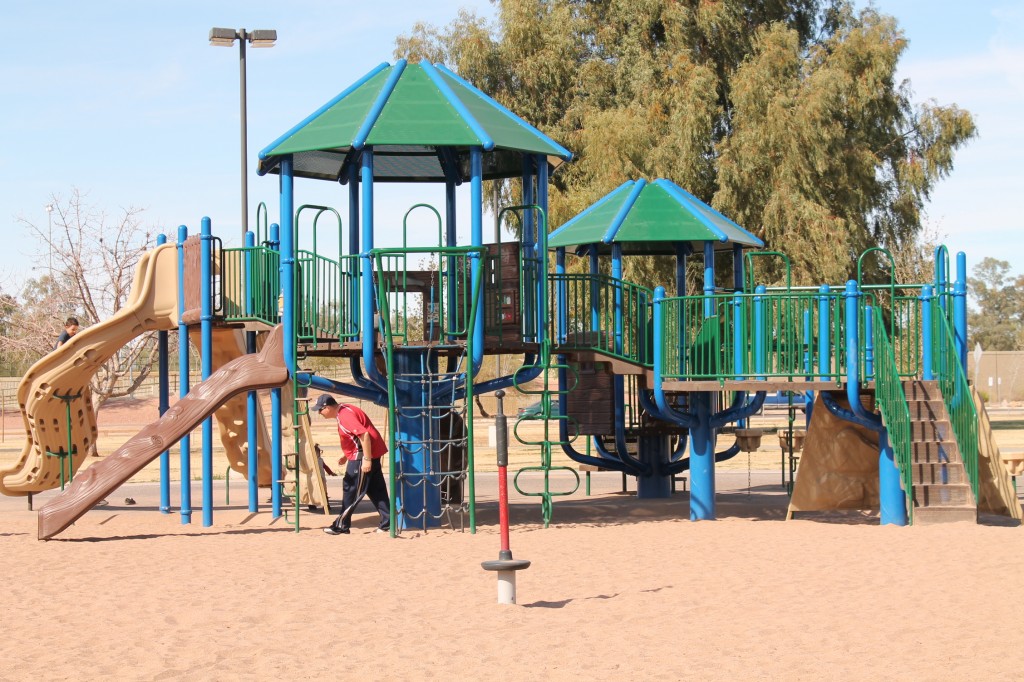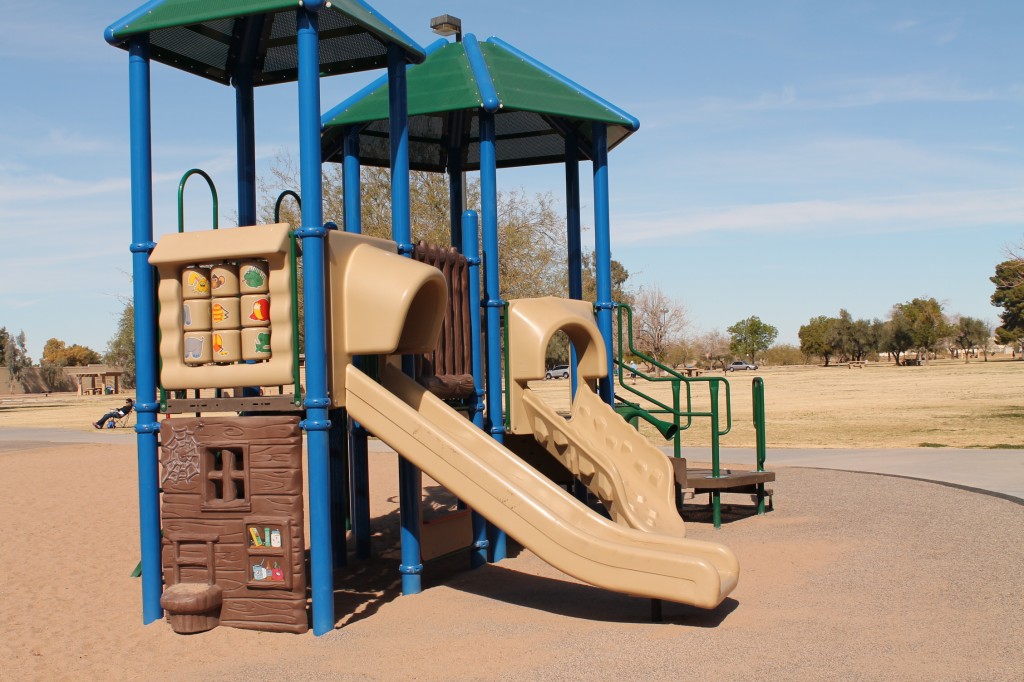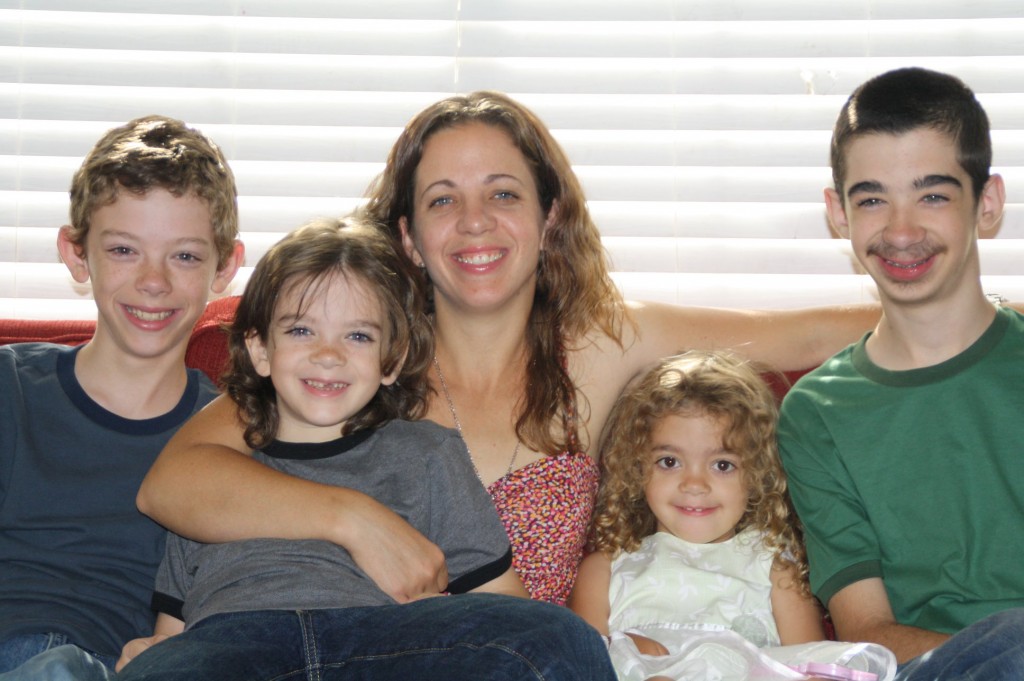I think sometimes as parents, we make things way more complicated than they need to be. I read a blog post the other day that referred to the “moral gymnastics” involved in everything from the food we buy, to the way we diaper, to the decisions we make about school. It’s a term that resonated with me, and if your emails and comments are any indication, it resonates with many of you as well.
I seem to write a lot about how I parent from the heart (because I do), and how I’ve never regretted any parental decision that’s been made by following my instinct (because I haven’t) but there’s another component that I regularly rely on. A big one.
Common sense. And it never steers me wrong.
I get some sort of … odd … objections every time I challenge the traditional, authoritarian, way of doing things. Objections that often make me wonder if we’ve lost sight of our collective common senses altogether. Whenever I write about parenting without punishments and coercion, I’m met with something that sounds like this: “But, but, they need to learn to obey you! They need to hear the word ‘no!’ What happens if they’re about to reach for a hot stove or run out into a crowded street?” As if the assumption is that a gentle parent wouldn’t dream of intervening when their child was in harm’s way. It’s a silly, silly argument. Common sense (not to mention parental instinct) tells us to protect a child who is in imminent danger. Common sense tells us that with a loving and attentive parent as their partner and guide, that kids will naturally learn not to play in traffic, and learn not to touch a hot burner, and learn not to stick a fork in an electrical outlet. We can give children choices, autonomy, and freedom; we can say YES as much as possible; and we can still trust that with gentle and compassionate guidance, that they will learn to navigate their world both safely and confidently. Common sense.
Another one I’ve heard a lot of, especially after my Spilled Milk post, is that if there is not some punitive measure taken when the child commits some infraction, that they will never learn to respect other people and/or their belongings. Common sense tells us that children learn how to treat others by watching how we, as their parents, treat others. Common sense tells us that when we demonstrate appropriate boundaries, that they will learn. For the past couple of weeks, I’ve brought Tegan with me to Paxton’s Physical Therapy appointments for his ankle. There are no separate rooms… just one big, open room, with a few beds, exercise equipment, mirrors, and a small waiting area with chairs. On any given day, there are never less than three other patients being worked with. Tegan is four, and it’s hard for four year olds to wait quietly. She’ll busy herself for a short amount of time with games on my phone, and then she’ll start to get antsy and loud. It’s normal for a four year old to get antsy and loud in a boring waiting area, but her needs to be four don’t supersede anyone else’s needs for a reasonably quiet and undisturbed session. So outside we go, where she can be loud and, well.. four, and the Physical Therapy patients can concentrate on what they came for. Common sense.
Recently, I posted about what I felt were the benefits of not placing arbitrary limits on the media that our children use. I’ve written about limits before, on everything from bedtimes, to food, to media. Naysayers immediately jump to extremes, but the fact is, no limits on bedtimes does not mean that the kids just stay up for 72 hours at a time. No limits on food does not mean that they’re existing on a diet of Ring Dings and Ho Hos. No limits on media does not mean that the 4 year old is playing a shoot-em-up game on the xbox, while the 8 year is watching Debbie Does Dallas in the other room. Common sense tells us that when we make sleep a safe, happy, thing when the kids are little, that as they grow they will trust themselves, listen to their bodies, and have a healthy relationship with both rest and wakefulness. Common sense tells us that when we fill our house with lots of good, whole, interesting foods; when we don’t let food become a battle of wills, a punishment, or a reward; when we let our children follow their own cues of hunger and thirst… that they will eat when they are hungry, stop when they are full, and appreciate food for both its nourishment and its enjoyment. Common sense tells us that the most important consideration when it comes to what they are watching, playing, & listening to is not controlling our kids, but knowing our kids, listening to our kids, and maintaining an open line of communication with our kids. Common sense tells us to watch things that may be frightening, confusing or disturbing to our young kids when they are asleep/not around, and it also tells us that they wouldn’t be interested in watching it anyway. Common sense.
Finally, common sense tells us that children, like all people (common sense tells us that children are people, too) respond to – and learn from – kindness, empathy, and love. NOT from coercion, shaming, and punishing… and certainly not from this current trend of public humiliation via the internet.
It’s not rocket science. It’s just common sense.


